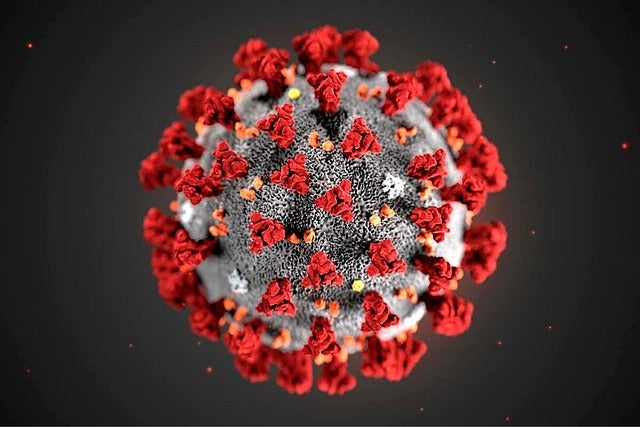
Tokai University, Toyohashi University of Technology and Chubu University, in partnership with automotive components manufacturer DENSO, have developed a new biosensor for detecting SARS-CoV-2.
The three Japanese universities and DENSO have been jointly working to develop clinical testing equipment that facilitates sensitive and rapid detection of viral infectivity.
Japan’s Agency for Medical Research and Development (AMED) has supported the project.
DENSO intends to advance the development to practically apply the testing solution for early diagnosis of infectious diseases, to help limit the spreading of the virus.
According to the company, early diagnosis and isolation are important measures to prevent the spread of infectious diseases caused by viruses.
PCR and antigen tests that are currently used to diagnose SARS-CoV-2, lack the capability of assessing the ‘virus infectivity’, the power of the detected virus to infect.
The partnership aims to determine the infectivity of SARS-CoV-2 and offer novel tests that have a sensitivity of PCR tests and simple antigen tests.
Unlike PCR tests and antigen tests, the biosensor detects spike protein of the virus using a semiconductor sensor and aptamer, said DENSO.
Aptamers are peptide molecules that bind to a specific target molecule, and are easy to design and can be mass-produced rapidly.
The semiconductor sensor can quantitatively measure the viral load by using electrical signals, and the technique is being used for the first time in the world.
Also, the sensor is expected to determine the status of infection and confirm the efficacy of treatment with high accuracy.
Furthermore, the universities and DENSO have sought to prevent the spread of SARS-CoV-2 infection by further developing the technologies that have been refined through the project.






